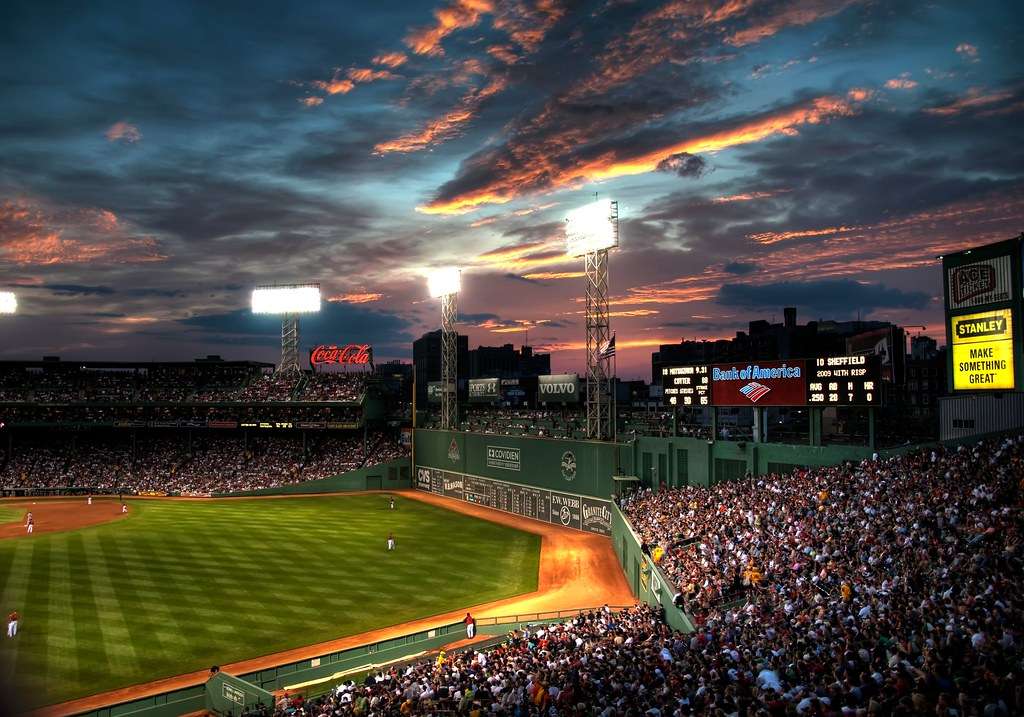“Who’s going to win the Premier League?” is not a question it’s easy to get especially excited about. If it’s not Manchester City or Liverpool, and that’s an increasingly large if, there are four teams from the ‘Big Six’ it could possibly be, but even for Arsenal, Tottenham, Manchester United and Chelsea the prospect of them winning the whole shebang is something you really have to squint to imagine. Let alone any of the other fourteen teams, who between them are nearly three quarters of the league. In a couple of years, Newcastle will probably have made the leap from the left behind fourteen to the top six, a position that will have absolutely nothing to do with any smart decisions on the part of people who work there, and everything to do with the fact that with the amount of money they have, they can hardly miss.
It’s the same story on the Continent too. The Bundesliga has been won by Bayren Munich ten times in a row. Serie A was won by Juventus eight times in a row until two years ago. La Liga reruns the same title race every year between the same big-two-and-a-half teams and Ligue Un reruns the same title race every year between the same one team.
But what if I told you that there was a league that had crowned seventeen different champions since 1993, not the Premier League’s paltry seven? What if I told you that the team that finished last was guaranteed the best new players, so that Erling Haaland was not going to Manchester City, but to Norwich? That’s right, take off the blinkers of prejudice and snobbery and realise American sports provide more competition, more uncertainty, and more fun.
Football, or, as I should say – soccer – simply provides less variety and excitement than actual, American Football. How many different teams have finished either first or second in the premier league, not just counting the winners but the runners up? Nine. The Super Bowl has had twenty-two different finalists in that time. The NBA final, twenty-three. If you don’t just want a rotating cavalcade of the chosen few, but genuine competition, head to America. And anyone who says American sports are boring has never seen the way a basketball seemed to flow from Michael Jordan’s hand, or the tense thrill of a key Football play with the clock ticking down.
All we really want from sport is spectacle, engaging human stories and the prospect of an upset. American sports have this in abundance, where the quality is generally higher because they still, even now, hold a considerable advantage on data analytics and sports science. American football, basketball, and baseball are given their edge in providing pure competition by the socialism of The Draft, whereas soccer is pure and undiluted capitalism. Survival of the fittest or, as Warren Buffet’s prefers to phrase it, ‘survival of the biggest’.
This is before we get to the owners, some of whom soccer fans are already acquainted with in the form of the Glazers and the Kreonkes. I understand that the Glazers can be annoying. They place their trust in amateurs to run their club, and they often ignore the collective wishes of their fanbase. But they also, critically, haven’t signed anyone’s death warrant. This gives them a key moral edge over some other proprietors of Premier League teams. Meanwhile, there’s so much money sloshing around American sports that sometimes players make the leap into being owners themselves, as in the case of Michael Jordan owning the Charlotte Hornets. Absent Cristiano Ronaldo acquiring the use of an Air Force, the same doesn’t look feasible for him.
Granted, American sports are a completely closed shop (there’s socialism again). There’s no relegation or promotion and if your team completely fluffs a season, just an ‘oh well, better luck next year’, and the best picks from next year’s draft. But I’d rather sacrifice authentic competition for the existence of a safety net than to have an impenetrable ceiling on my team’s aspirations. The fact that teams can conceivably win a tournament in America means long-term mediocrity is derided, as the Red Sox were for their famous ‘losing streak’, not held up as an example of a kind of virtuous mid-table pluckiness. In a league where the same two or three teams win the title again and again, relegation simply serves as a rearranging of the scenery as teams in different colour stripes and with different regionally accented fans battle it out to finish fifteenth or, if they’re really lucky, twelfth.
There’s one very obvious exception I can already feel is on the tip of your tongue to refute me: Leicester City’s title in 2016. Well, that’s rather the point, one very obvious exception. Leicester’s title was a freak weather event. Like the eruption of Mount Vesuvius over Pompeii, they’ll sing about this for centuries, because nothing like it is happening again any time soon. It’s the exception that proves the rule of the few. Is it really worth getting our hopes up again every year for the next thirty years in the hope something like that might happen again just once? Seems like a waste of time.
I don’t expect many people to join me in my foray into American sports, simple xenophobic prejudice against anything where the commentator might yell “Score!” at any moment will hold them back. But the only thing soccer fans have to lose by joining me is their chains. The Premier League will slide further and further into an oligarchy of a tiny selection of megaclubs. It was genuinely heartwarming last year to see an outpouring of public anger when they tried to break away and form the European Super League the likes of which this country hasn’t seen since the death of Princess Diana. But it was ultimately futile, the Super League is already here.


